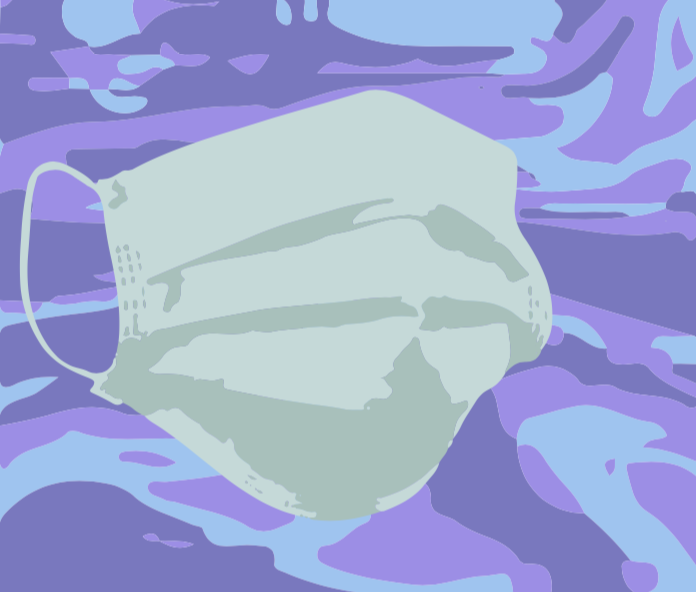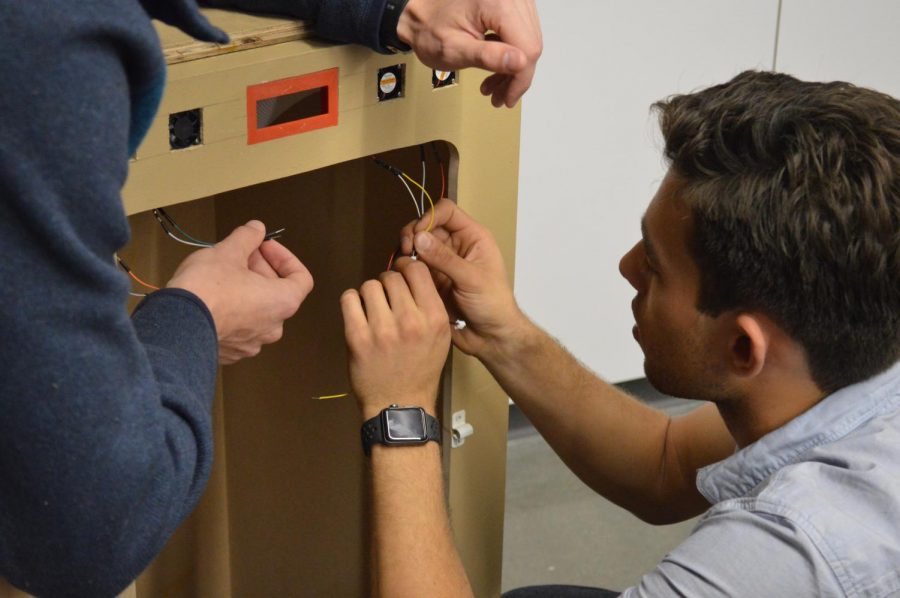(This story was originally published in print on Mar. 12, 2020).
Even as surrounding schools such as USC, UC San Diego and Pepperdine University shut down in-person classes to move studies online, some students still regard the coronavirus with an attitude of detachment. Many believe that the virus does not affect us and we shouldn’t worry about it.
But, is that true?
The coronavirus has crept its way into at least 100 different countries and is also in our own state now. California is one of 13 states that has declared a state of emergency due to the novel coronavirus outbreak. And recently, public health officials announced the number of coronavirus cases in Los Angeles County has risen to 29.
Contrary to popular belief, the coronavirus isn’t only a threat to the elderly. In China, where the virus began, 87% of cases were reported in people between the ages 30 and 79, while 8.1% of cases were in people in their 20s, according to the Chinese Center for Disease Control and Prevention. Although prior illness and age does increase the likelihood of fatality, college students are not invincible to a virus that simply spreads like the common cold.
Being in places crowded with people—such as dormitories, stadiums, restaurants and churches—are breeding sites for a virus. As a student, you are naturally coming in close contact with your peers. Many of us share a bathroom with an entire floor of people and sleep in the same close quarters as at least one other person. That considered, it only seems natural for colleges to move classes online—if only to reduce the risk of an even greater outbreak.
Another misconception is that the coronavirus is no more dangerous than the flu. The death rate of the seasonal flu is 0.1%, while Worldometer calculates the death rate of COVID-19 as 6% worldwide and 3% in the U.S. These numbers may not be initially alarming, but that comparison means the coronavirus is 30% more fatal than the flu. If those numbers are hard to imagine, picture the 119,000 people that have been quarantined, bed-ridden or hospitalized due to this “common flu.”
The similarity between the virus’ symptoms––fever, coughing and shortness of breath––are not a strong enough reason to disregard the seriousness of COVID-19. The similarities are, if any, a greater reason to be cautious because people are more likely to shrug off their symptoms as nonthreatening.
Further, while the seasonal flu has a vaccine, the coronavirus has no cure yet. Our only weapons are the simple methods of washing our hands, quarantines and raising awareness.
I am not proposing that we go to Trader Joes and stock up on canned tuna or purchase all of Bath and Body Works’ hand sanitizer. But if Congress voted to spend $8 million to fight COVID-19, maybe we should consider taking action of our own. This battle starts with the individual.
The reasonable procedures we can take during this time are things we should already be doing. Here is another reminder:
Wash your hands for about 20 seconds. Medical professionals say you should wash your hands for the length of time it takes to sing the “Happy Birthday” song. Washing your hands is the surest way to kill germs.
Disinfect your phone and desk area. Most of us bring our phones into bathroom stalls and to the dinner table. Gross.
Cough into your elbow. Did you know germs can fly up to six feet when you cough? And please, do not cover your mouth with your hands. That defeats the purpose.
Sharing food and drinks are a sure way to swap saliva… and germs. Although I know that your roommate probably does not have the novel coronavirus, the person they sat next to on the airplane on their way back from spring break could have. Germs are everywhere, and you do not always know who or what you are coming in contact with.
If you are sick, go to the Biola Health Center. You could have a common cold, or you could have the COVID-19 virus. You will not know until you get tested. Again, that is not a reason to freak out, but out of respect for your fellow Biolans, please talk to a medical professional.















